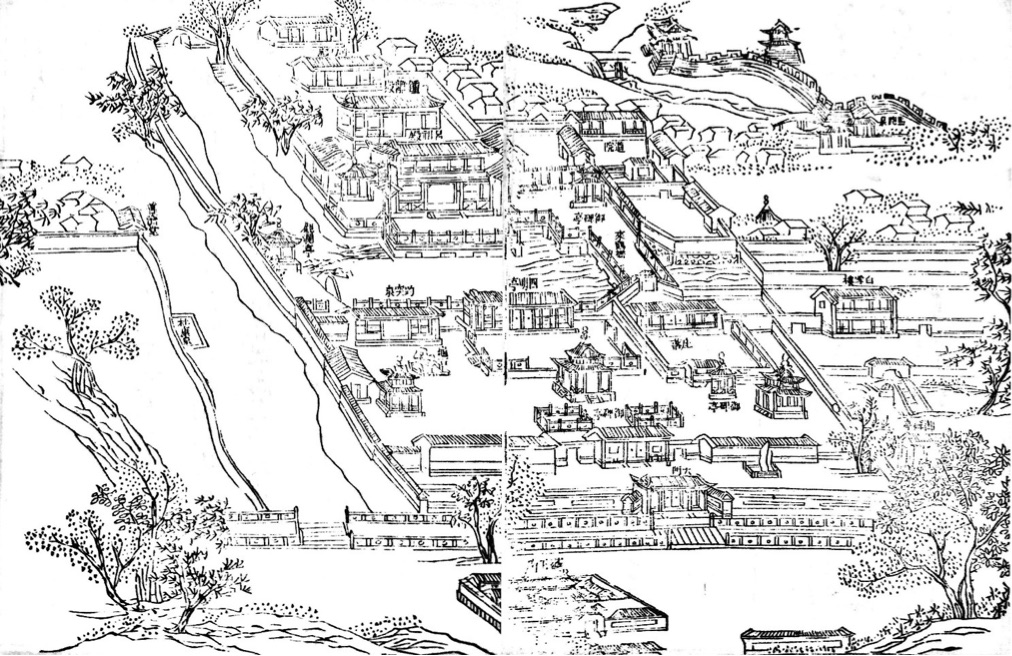China Research Seminar Series talk given by Dr Daniel Knorr, Faculty of History, University of Cambridge
The tradition of scholar-officials from outside Jinan lauding the beauty and spiritual efficacy of the city’s Baotu Spring and placing it within the surrounding geography dates back at least to the eleventh century. Thus, when the Qianlong Emperor visited Baotu Spring in 1748 and declared it “the greatest spring in all-under-heaven” (tianxia diyi quan), he was engaging with a longstanding literati practice. At the same time, he was also modeling the engagement of his grandfather, the Kangxi Emperor, with the site. Together, they made Baotu Spring the direct object of imperial patronage and reservoir of imperial presence for the first time in its history. In this presentation, I use a gazetteer of Baotu Spring compiled in the early eighteenth century to discuss the interplay between longstanding literary conventions and unprecedented imperial patronage. This source—and the various texts it incorporates—offers a window into how translocal encounters and imperial power were constitutive elements of place-making in high Qing Jinan, and demonstrates the significance of place-making to the consolidation of Qing rule, and so challenges the tendency to pit state and locality against each other.
Daniel Knorr is a historian of early modern and modern China and a temporary lecturer in the Faculty of History at the University of Cambridge, teaching Asian and world history. His current book project, provisionally titled City of Springs: Place-making and the State in Urban North China, 1639–1926, examines how translocal processes facilitated the co-construction and operation of place and the state in Jinan during the Qing Dynasty. Topics discussed include writing about local sites, literati networks, academic institutions, mobilization against military and environmental threats, resistance to and negotiation with foreign imperialism, elite participation in the late Qing reforms, and Qing loyalism during and beyond the 1911 Revolution. His research engages with theories of empire, the state, space, and place. He is also interested in the evolving place of north China in the political culture of early modern and modern political formations, particularly the history of the Qing conquest of the region and associations of north China with conservatism.
| Contact |
|---|
| Professor Adam Yuet Chau: ayc25@cam.ac.uk |

